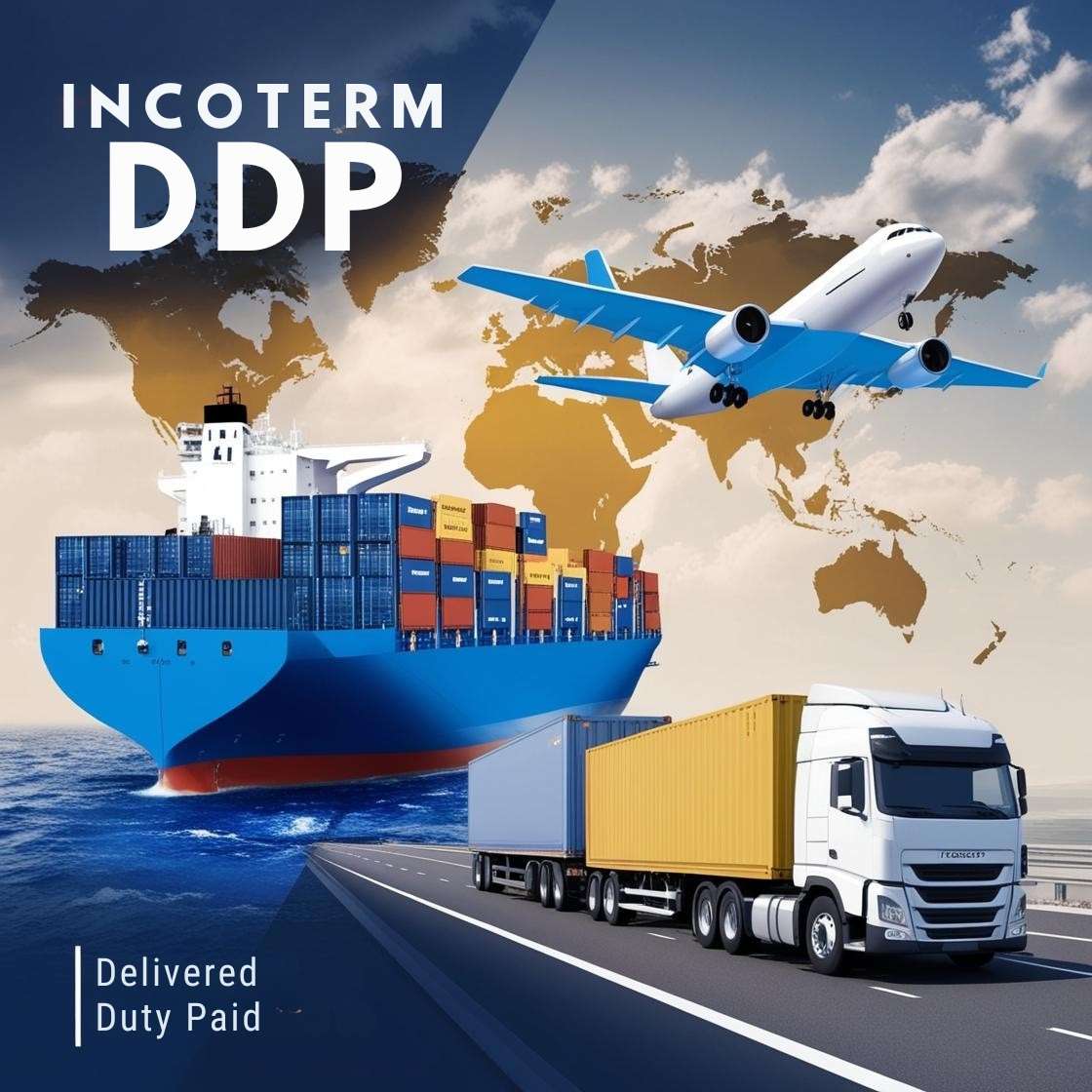ICC Official Term
DDP Incoterm: Definition & Responsibilities
A comprehensive guide to understanding Delivered Duty Paid (DDP) Incoterm: roles, responsibilities, and risk transfer once the seller has fulfilled all delivery obligations including transportation, customs clearance, and payment of duties and taxes.
Based on the latest Incoterms® 2020 rules
Updated for Trade Practices
Includes real case studies

Delivery
The seller arranges and covers full transportation to the agreed destination, including final unloading.
Customs & Duties
The seller manages both export and import customs clearance, handling all applicable duties and taxes.
Risk Transfer
Risk is transferred to the buyer only after the seller has fully completed their delivery obligations.
